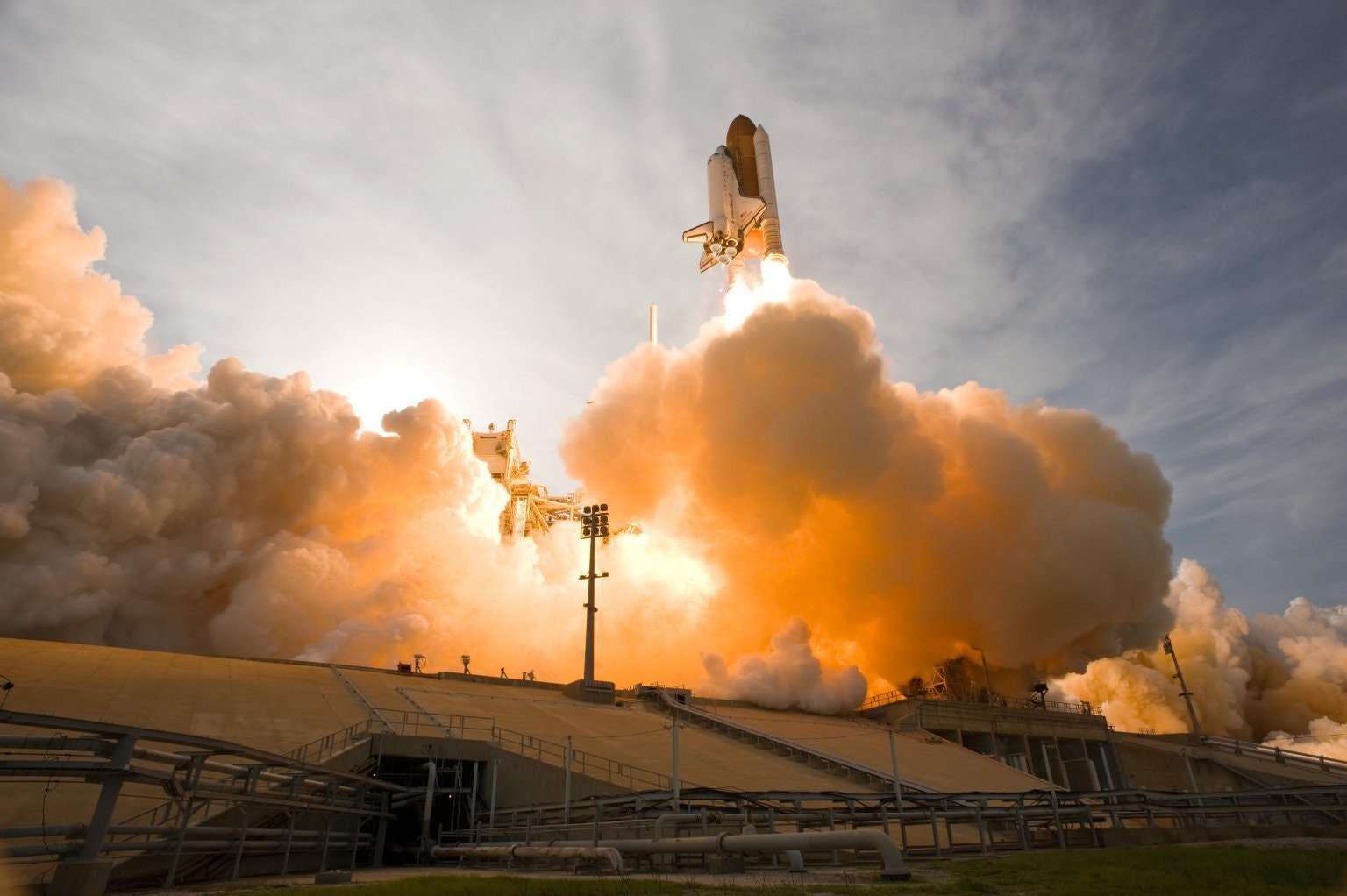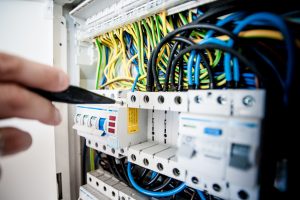Aerospace engineering is the application of the principles of engineering to the development of aircraft and spacecraft. An aircraft is a vehicle that can fly due to its aerodynamic design and interaction with the air. A spacecraft is a vehicle or machine designed to fly in outer space. Aerospace engineers design and influence the maintenance of a range of satellites, missiles, weapon systems, civil and military aircraft and space vehicles. The impact of aerospace engineers is extraordinary. They help create equipment that help global communication. Mobile phones, weather forecasts, and commercial flights have all been impacted by aerospace engineers. Aerospace engineering is also sometimes referred to as aeronautical engineering or even sometimes astronautical engineering.
How do you become an Aerospace Engineer?
You will need to obtain the undergraduate degree in order to become an aerospace engineer. The ideal A level subjects for an aerospace university course is maths and physics along with another science. The entry requirements for an aerospace degree course can range from 3 C grades to 3 A grades. This will depend on the university.
What are the career prospects for an Aerospace Engineer?
The career prospects for an aerospace engineer are very bright. Your degree will give key technical skills that are growing in demand. You will have technical knowledge that will give you the opportunity to work for a wide range of technology companies. This work could involve working in a laboratory, in an aircraft manufacturing factory or even for a phone tech company. Your day to day responsibilities could include testing aircraft equipment and using sophisticated computer software. Jobs are widely available and there are many opportunities for you to work abroad. You can expect an average job salary of around £40,000 per year and this can rise even more with the right experience.
What is an Aerospace Engineering Degree like to Study?
An aerospace engineering degree has a mixture of technical and practical elements. You will learn about aerodynamics, engineering materials and control software. You will be given a foundation of knowledge at the start of the degree. Towards the end of the degree your modules will focus on the application of this knowledge to aviation operations.
Aerospace Engineering Modules:
Potential modules include:
- Aerodynamics
- Flight dynamics and Control
- Structures and materials
- Computing and numerical methods
- Mathematics
- Mechatronics
Aerospace Engineering Chartership
As an aerospace engineer you have a few options when it comes to chartership. You could join the Royal Aeronautical Society (RAS) or even the Institute of Mechanical Engineers (IMechE). In order to gain your chartership you will need have relevant experience and expertise. A chartership is a formal recognition of your engineering skills and competencies.
If you are not sure if this is the right degree for you have a look at our career advice article for helping you pick the right engineering degree.




